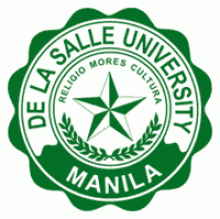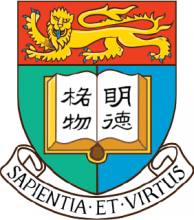About Lumière University, Lyon 2
Lumière University, Lyon 2 was founded in 1973 after the splintering of the original University of Lyon into three separate universities. Just over a decade ago, the three universities were re-joined under the University of Lyon banner, but remain separate in their institutions.
Lyon 2 focuses on literature, languages, human and social sciences. However, it also has faculties for law, economics and management, as well as science, technology and health.
The university has 32 laboratories and 8 research federations. It places a strong emphasis on interdisciplinarity, aiming to foster strong connections between its social science and traditional science departments.
There are nearly 30,000 students at Lyon 2, with international students comprising around 18 per cent of that total. The university has agreements with 350 institutions internationally.
The University of Lyon as a whole, has a student population of nearly 130,000. This means students are a large part of city life in Lyon, which has around half a million residents. The city is full of interesting architecture and is registered as a UNESCO World Heritage Site.
The university added Lumière to its name is in homage to the Lumière brothers, the inventors of the cinematograph and former residents of Lyon.
Lyon is also renowned for its Festival of Lights (Fête des Lumières), which takes place every December. During the festival, many of the households in Lyon decorate the outside of their homes with little candles. The city council also projects lights onto the hilltop Basilica of Fourvière, which looks over the city and organizes a light show in different places of the city each year.
Explore these featured universities
Explore rankings data for Lumière University, Lyon 2
Key statistics
- 50.4No. of students per staff(1)
- 18%Percentage of International Students(1)
- 68 : 32Student Ratio of Females to Males(1)
- 18%Proportion of ISR Publications(1)
- 26,014Number of FTE Students(1)
Subjects taught at Lumière University, Lyon 2
Social sciences
- Geography
- Sociology
- Politics & International Studies (incl Development Studies)
- Communication & Media Studies
Arts & humanities
- Archaeology
- Art, Performing Arts & Design
- Languages, Literature & Linguistics
- History, Philosophy & Theology
Psychology
- Psychology
Computer science
- Computer Science
Business & economics
- Accounting & Finance
- Economics & Econometrics
- Business & Management
Physical sciences
- Mathematics & Statistics
Law
- Law
Education
- Education










